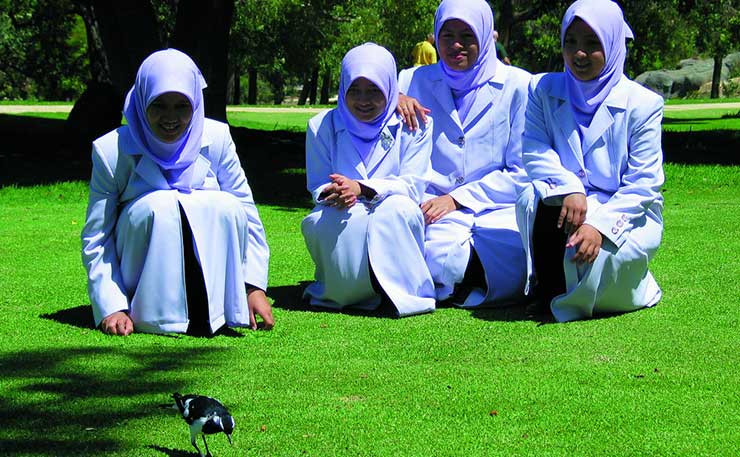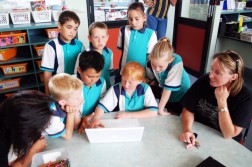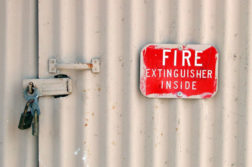Many young Australians are finding it increasingly difficult to identify with their country. Mostafa Rachwani explains.
“Who here identifies as an Australian?”
Discussions in one of the writing workshops I run at schools recently turned to identity and minorities, and I asked what I assumed to be an innocuous question.
To my surprise, not a single student put their hand up. Their answers ranged from feeling un-Australian due to appearance or culture, but most revolved around feeling disassociated with their perceptions of Australian values.
Some even referred to the immigration policy or Indigenous affairs as examples of the ways in which Australian policies did not align with their own set of values.
This was a class of mixed ethnicities, gender and cultural backgrounds, and not a single one of them felt Australian.
The workshop is run in many schools throughout Sydney, including public schools throughout the West, as well as Catholic and Jewish colleges. I posed the same question to all the classes I teach and overall, I received a more mixed message compared to the first class.
Nonetheless the question was always met with strong opinions, and a recurring powerful rejection of preconceived notions on how young people understand their identity.
At first I was perplexed. Not just because these students seemingly shared my existential quandary on identity and values, but that they also had fully formed opinions on the issue.
They all appeared to be bursting at the seams, expansively discussing such concepts with vigour and confidence. Their feedback consistently reflected a sense of eagerness to debate and share opinions.
Clearly, such discussions were not being had in class. Students expressed great pleasure in being able to freely discuss these topics, informing us these workshops were the only place they could express their sentiments on identity, culture, discrimination and bigotry.
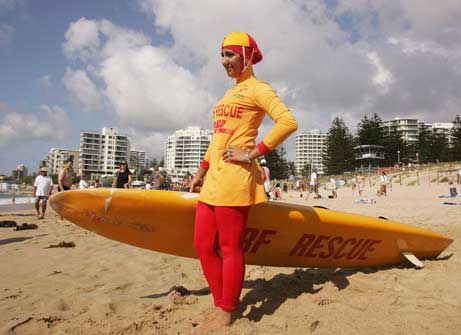 More importantly however, it reflects a certain restrictive approach to discussions in class. Some students expressed anxiety at the thought of writing their thoughts for fear of teacher or student backlash in their school. This controlling attitude extends across all schools, private and public, and seemed to be embedded into schooling environments.
More importantly however, it reflects a certain restrictive approach to discussions in class. Some students expressed anxiety at the thought of writing their thoughts for fear of teacher or student backlash in their school. This controlling attitude extends across all schools, private and public, and seemed to be embedded into schooling environments.
Although this may at first seem rather outrageous, a quick scan of the current political climate might give a bit of an explanation.
When such luminous characters as Cory Bernardi and George Christensen are frothing at the mouth at any suggestion their ideological crusades are not being heard, even if it means demanding an anti-bullying program get pulled, one starts to understand why students feel paranoid.
These immature bigots think discussions on the wellbeing of school students is an appropriate battleground for their ideological crusades. Their narratives are characterised by a tearing anxiety their life choices are no longer held up as the wider norm across Australia. Their voices, and many more of their ilk, oscillate between a squirming defence of their bigotry and a screaming tantrum reminiscent of a three-year-old denied a new toy.
The unfortunate ongoing consequences of this narrative has not just resulted in the Safe Schools embarrassment, but reaches out and tangles itself in many other facets of schooling life.
With the NSW government now rolling out “extremism guidelines” to school teachers, we have a teaching environment that is underscored by distrust and paranoia. It has left teachers the unnecessary role of watching student’s behaviour for any “signs of extremism” in addition to their normal jobs.
Ridiculously, these guidelines also refer to anti-social behaviour or racial comments as being characteristic of violent extremism. What, then, of those students who felt they could not identity as Australian, that questioned what entails Australian values? Such rudimentary parameters would lead them all to be branded violent extremists.
Notwithstanding the fact these guidelines only exacerbate the issues that cause violent extremism, it also leads to a distrust of discussion itself. No longer are classrooms a hub of discussion and debate, a safe space for students and their ideas.
Conversations are restricted as teachers seek to avoid having to brand any of their students as extremist or otherwise. More importantly however, students now also seek to shun discussions as they attempt to avoid coming under scrutiny.
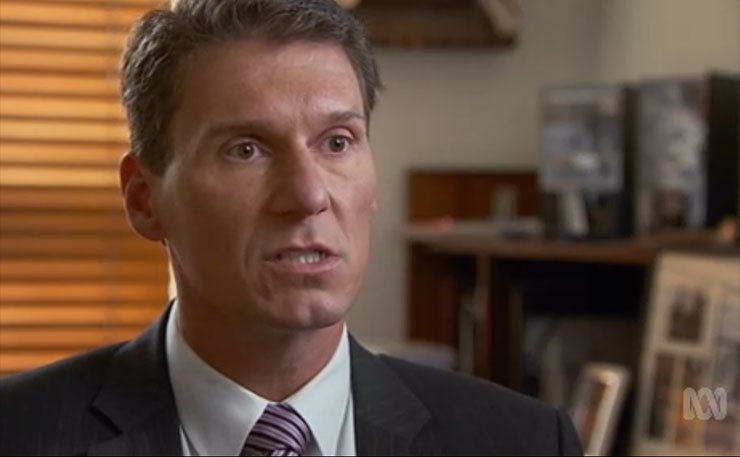
How exactly did schooling get to a point where students are so paranoid? When did this environment of self-policing and suffocating sense of restriction become a norm in schools?
There is a great power within the classroom that is being thrown away for the benefit of ideological and political agendas.
Under the weight of such agendas, student relations have corroded, as they share in the paranoia and anxiety so prolific in our current political climate. The divisions and bigotry are predictably aggravated in the schoolyard, and we have our politicians to thank for that.
It becomes understandable, then, that large percentages of these students may feel these ideals, being upheld by so-called representatives of Australian values, are now irrelevant to them. That, although having lived all their lives in Australia, and technically owning an Australian citizenship, they feel they cannot identify as Australian.
It has come time these negative narratives are shelved, for the sake of public discourse in Australia and more importantly, for the wellbeing of Australia’s youth.
These young people should actually be listened to – they’ve got some pretty interesting things to say on what it means to be Australian.
Donate To New Matilda
New Matilda is a small, independent media outlet. We survive through reader contributions, and never losing a lawsuit. If you got something from this article, giving something back helps us to continue speaking truth to power. Every little bit counts.

